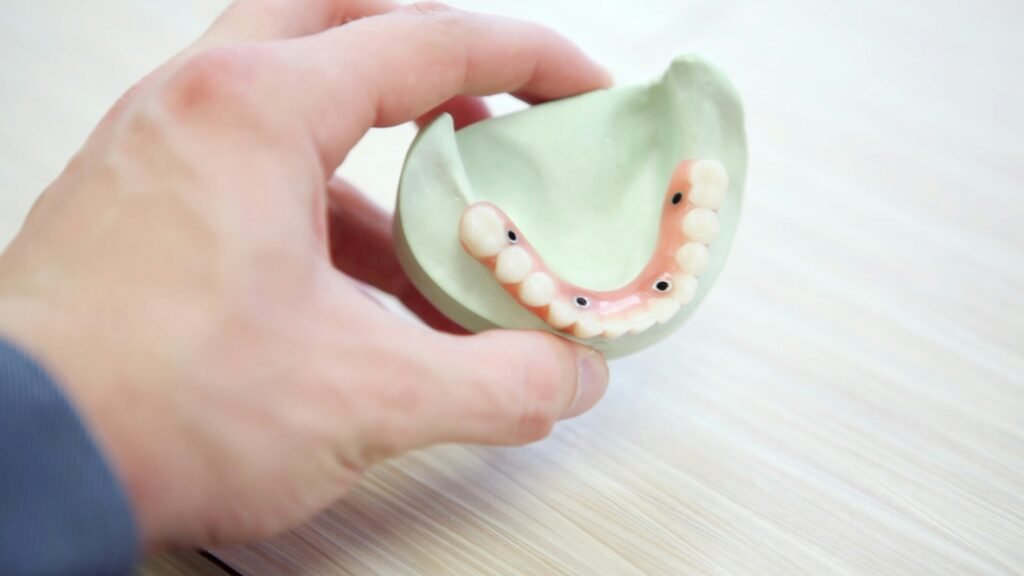
Dental implants are considered one of the most effective and durable solutions for replacing missing teeth. They offer numerous benefits, including improved aesthetics, functionality, and oral health. If you’re considering dental implants, here’s a comprehensive guide to understanding the costs involved, the benefits they offer, and what to expect from the procedure:
1. What are Dental Implants?
Dental implants are titanium posts surgically implanted into the jawbone beneath the gums. They act as artificial tooth roots onto which replacement teeth or dental crowns are mounted. This provides a stable foundation for prosthetic teeth that look, feel, and function like natural teeth.
2. Benefits of Dental Implants:
- Natural Appearance: Dental implants blend seamlessly with your natural teeth, enhancing your smile’s aesthetics.
- Improved Speech: Unlike removable dentures, implants allow for clearer speech without slipping or clicking.
- Enhanced Comfort: Implants become a permanent part of your mouth, eliminating discomfort associated with removable dentures.
- Durability: With proper care, dental implants can last a lifetime, making them a long-term investment in oral health.
3. Cost of Dental Implants:
The cost of dental implants varies based on several factors:
- Number of Implants: The total cost depends on how many implants are needed to replace missing teeth.
- Implant Material: Titanium implants are standard, but premium materials may incur additional costs.
- Additional Procedures: Bone grafting or sinus lifts may be necessary if the jawbone is insufficient to support implants, adding to the overall cost.
- Location: Dental implant costs can vary by geographical location and the specific dental clinic or specialist.
4. Procedure Overview:
- Initial Consultation: The process begins with a comprehensive dental exam and imaging (X-rays, CT scans) to assess bone density and oral health.
- Implant Placement: During a minor surgical procedure, the implant is placed into the jawbone beneath the gum tissue. Over several months, the implant fuses with the jawbone in a process called osseointegration.
- Abutment Placement: Once the implant has integrated with the jawbone, an abutment is attached to the implant to connect the replacement tooth or dental crown.
- Placement of Dental Crown: Finally, a custom-made dental crown or prosthetic tooth is securely attached to the abutment, completing the restoration.
5. Recovery and Aftercare:
- Healing Period: Allow time for the implant to integrate with the jawbone. During this period, maintain good oral hygiene and follow post-operative care instructions provided by your dentist.
- Regular Check-ups: Schedule regular dental visits to monitor the implant’s stability and oral health.
- Maintenance: Brush and floss daily as recommended by your dentist. Avoid chewing hard objects and follow a balanced diet to support oral health.
6. Long-Term Success and Care:
- Oral Hygiene: Proper oral hygiene is crucial to prevent gum disease and maintain the longevity of dental implants.
- Dental Visits: Regular dental check-ups ensure early detection of any issues and timely intervention if needed.
- Lifestyle Factors: Avoid smoking and excessive alcohol consumption, as these can negatively impact oral health and the success of dental implants.
Conclusion:
Dental implants offer a reliable solution for replacing missing teeth, providing numerous benefits including improved aesthetics, functionality, and oral health. While the initial cost of dental implants may be higher than other tooth replacement options, their durability and long-term benefits make them a worthwhile investment in your smile and overall well-being.